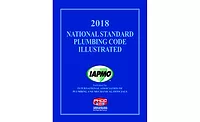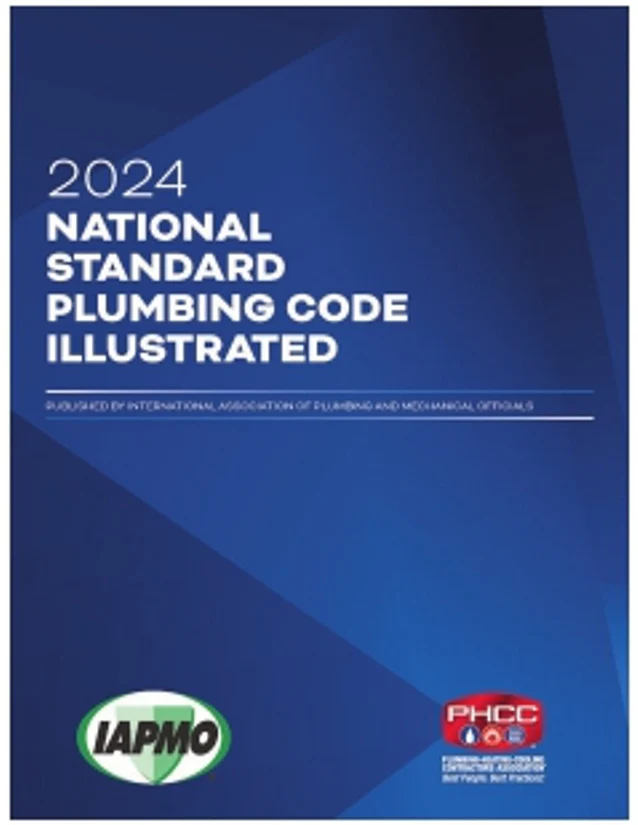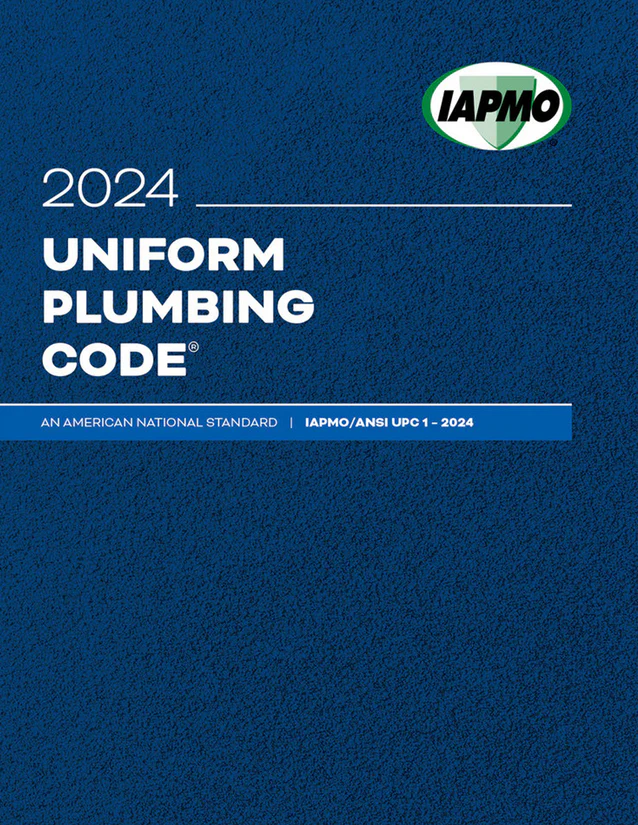IAPMO acquires National Standard Plumbing Code
On June 1, 2017, the International Association of Plumbing & Mechanical Officials and the Plumbing-Heating-Cooling Contractors—National Association executed an agreement transferring ownership of the National Standard Plumbing Code to IAPMO. The transfer encompasses all editions of the NSPC, including the 2018 edition.
New Jersey and several locations in Maryland are the primary adopters and users of the NSPC. Once the 2018 NSPC is published for adoption, IAPMO will provide all code support services to all jurisdictions utilizing the NSPC. PHCC and IAPMO will work together to develop co- branded educational services such as code update classes, code workshops, and other training and educational programs for the NSPC. These educational programs shall be offered to PHCC, IAPMO members, and to the industry.
An inventory of all editions of the NSPC will be stored at IAPMO’s World Headquarters facility in Ontario, California. IAPMO will work with the PHCC of Maryland and PHCC of New Jersey as the primary in-state bookstores for the NSPC to support the needs of local members and the industry. Looking ahead, IAPMO intends to develop the 2021 edition of the NSPC and looks forward to working with existing NSPC Committee members in the future.
The NSPC has a long history of establishing safety requirements for both water supply and sanitation systems; today it will continue as one of three model plumbing codes still utilized in the United States. IAPMO CEO GP Russ Chaney said, “IAPMO is delighted to assume the responsibility of maintaining and further developing the NSPC so that those states that continue to utilize this world-class plumbing code will have ongoing access to health and safety provisions. IAPMO will work closely with PHCC to ensure a smooth transition. IAPMO will assume and enhance code support services that have heretofore been administered by PHCC.”
“PHCC views the transfer of the NSPC as a very positive move for the organization,” said PHCC President Patrick Wallner. “It will allow us to focus on priorities in place to serve our membership, including increased regulatory efforts, workforce development, public awareness and membership growth. As we concentrate on these new initiatives, we are very pleased that the states in which the NSPC is currently adopted will continue to have access to the NSPC.”
Looking for a reprint of this article?
From high-res PDFs to custom plaques, order your copy today!








